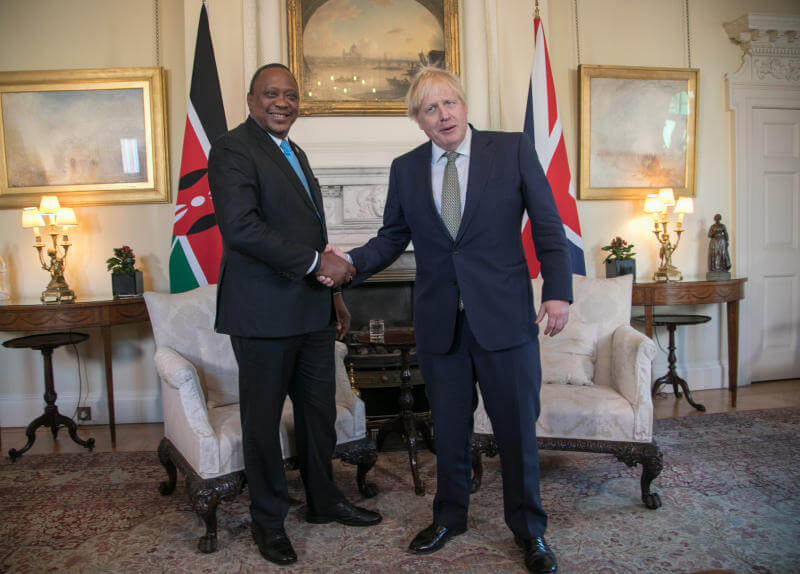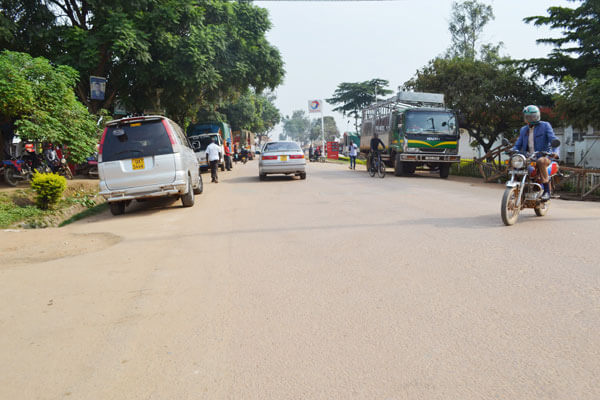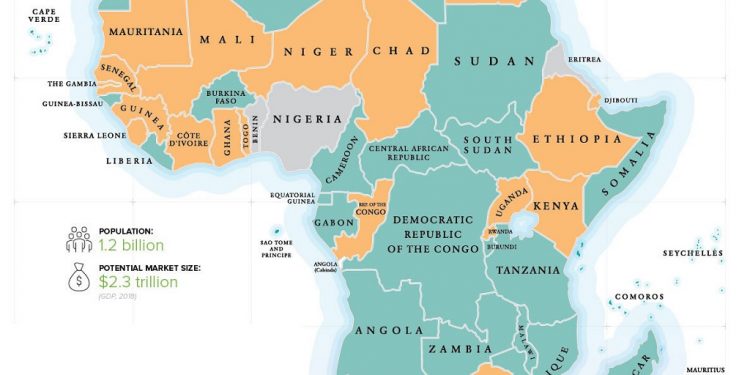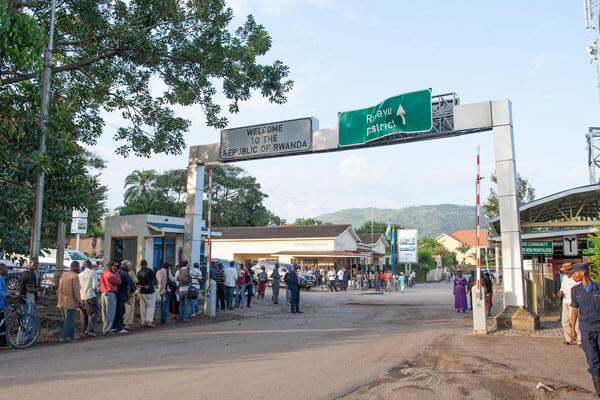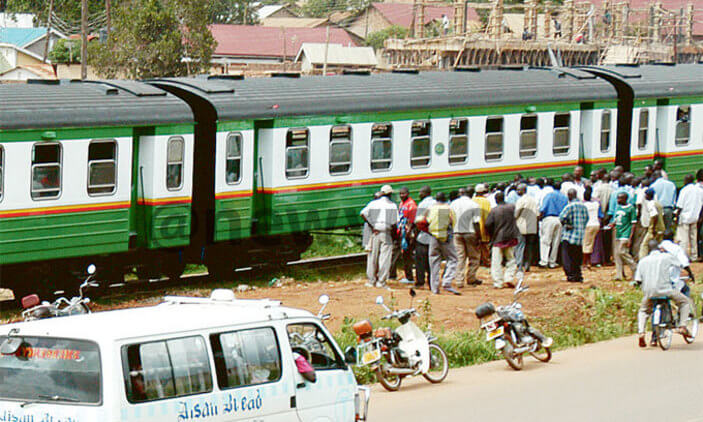Kampala- Uganda leads the rest of East Africa in ease of access to foreign exchange, according to the 2019 Absa Financial Market Index. The country, according index, scored 70 out of 100 points compared to Rwanda’s 66, Kenya’s 65 and Tanzania’s 60. Burundi was not surveyed. Access to foreign exchange continues to be a pillar growth across the African continent. The Absa Africa Financial Markets Index evaluates financial market development in 20 countries, and highlights economies with the clearest growth prospects. The index seeks to position how economies can improve market frameworks to meet yardsticks for investor access and sustainable growth. Presenting findings of the index in Kampala yesterday, Mr Jeff Gable, the Absa chief economist said: “Uganda performs strongly … with almost the same score as top-ranked South Africa. It has a high level of foreign reserves relative to net portfolio investment flows and enough reserves to cover more than four months of imports.” Interbank foreign exchange turnover used as a measure of foreign exchange liquidity, he said was $20m in the year to June 2019, one of the highest in the index. Mr Gable said Uganda has enough foreign exchange reserves to cover its portfolio flows with net portfolio investment in 2019 standing at $97m, which is low relative to reserves of $3.4 billion. Easily accessible According to the findings of the index, survey respondents said foreign exchange was easily accessible but the study noted that Uganda could score more points by adopting the Global Foreign Exchange Code of...
Uganda leads EAC in ease of forex access
Posted on: February 3, 2020
Posted on: February 3, 2020


